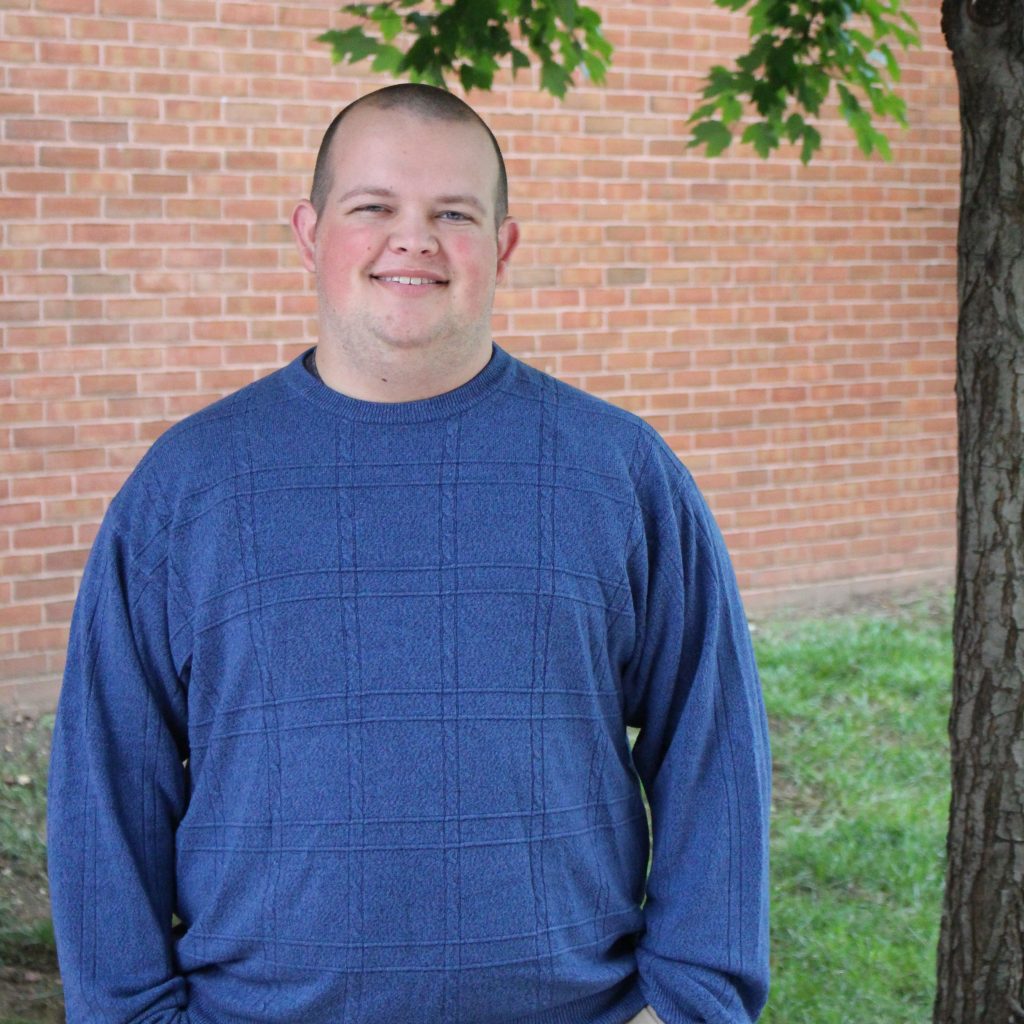INDS B.A: Stress on Emergency Health Professionals
My INDS Degree
A major problem that all physicians, and other parts of the emergency medical services (EMS) like paramedics and firefighters, face is the stress associated with the job. About 300 to 400 physicians every year in the US will commit suicide. The numbers for EMS personnel are harder to pin down for many reasons including many EMS personnel are volunteers and volunteers generally are not counted for that statistic. The volunteers need just as much help though and there is work being done to help not only paid EMS workers but also the volunteers they work with. My degree, Stress and Emergency Health Professionals, is a combination of psychology, emergency health services, chemistry, and biology classes. With this combination of disciplines, I plan to look at emergency medicine in the United States- specifically the psychological effects on emergency health professionals such as doctors, emergency medical technicians (EMT), and paramedics who work in environments that have high stress and high stakes.
Post Graduation Plans
With this degree, Stress and Emergency Health Professionals, I plan on going to go to medical school and eventually to be an emergency room (ER) physician. I will be applying to many medical schools, both in state and out of state, such as University of Maryland, Johns Hopkins, and University of Pittsburgh.
If I am unable to get into medical school on my first attempt I plan to work as a certified emergency medical technician (EMT).
Courses In My Degree Plan
✅ Psychology: Acquire a grounding in psychology to be better equipped to identify stressors that affect emergency health professionals and factors that help people cope in high stress work environments. (PSYC 285, 335, 385 / EHS 311)
✅ Human Anatomy and Stress: Gain the knowledge necessary to understand the human body and how it functions, especially how it reacts and deals with stress. (BIOL 300L, 302, 303, 307 / PSYC 335, 390 / CHEM 351, 352)
✅ Emergency Health System and Stress Management: Gain an understanding of how the emergency health system functions and how EHS professionals are trained to effectively deal with the stress of emergencies in order to be effective under stress. (EHS 200, 202, 203, 311, 430, 470)
✅ Culture and Social Factors: Acquire an understanding of social and cultural factors that could affect stress levels or that affect the coping of stress. In order to understand the physiological effects on emergency health professionals. (SOCY 321, 351/ EHS 345)
✅ Individualized Study: Gain an understanding of the interdisciplinary process and apply it to my Capstone Project. (INDS 330, 335, 399, 480, 490 / EHS 345, 430 / STAT 350 / ENGL 392)
